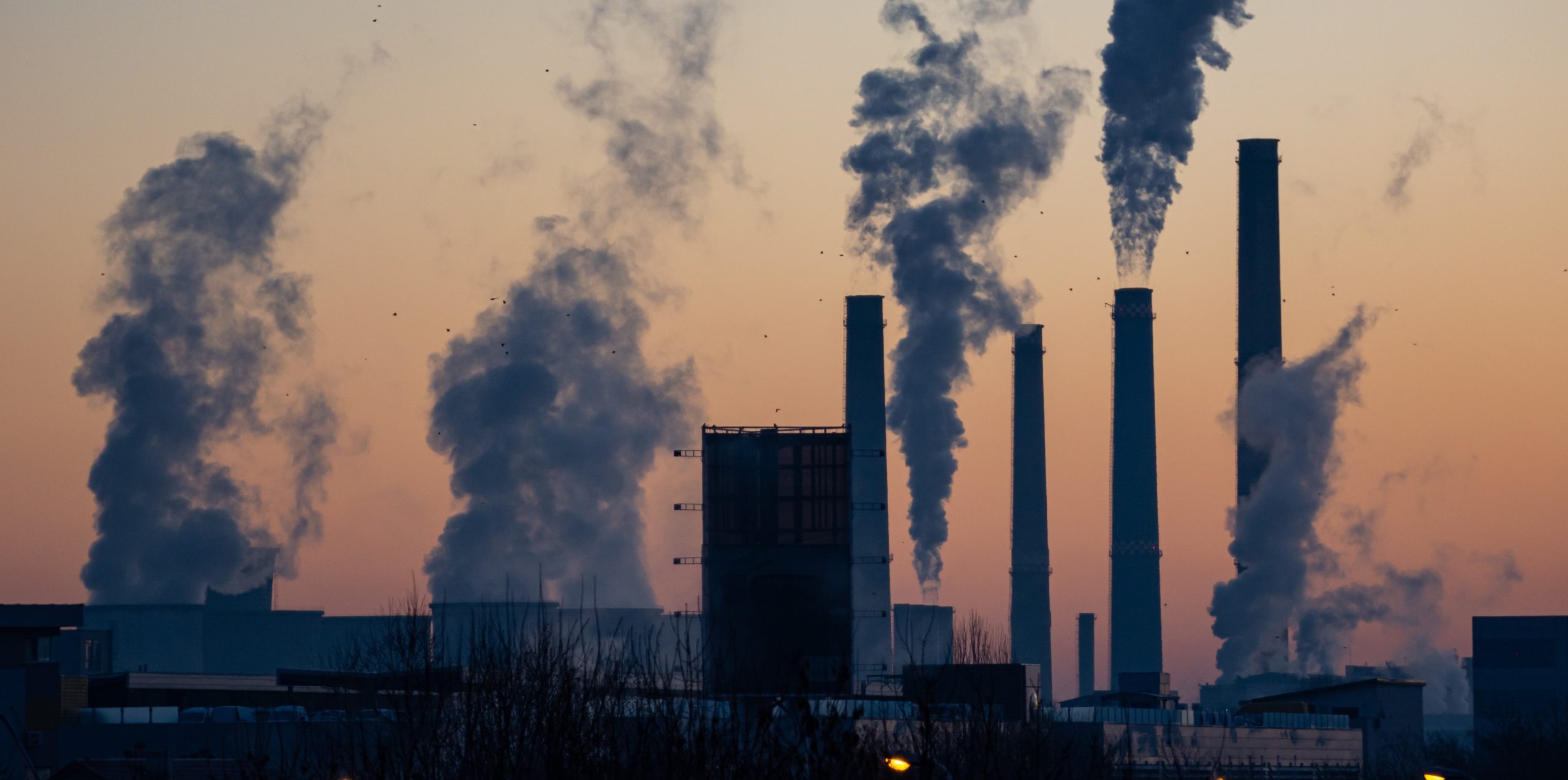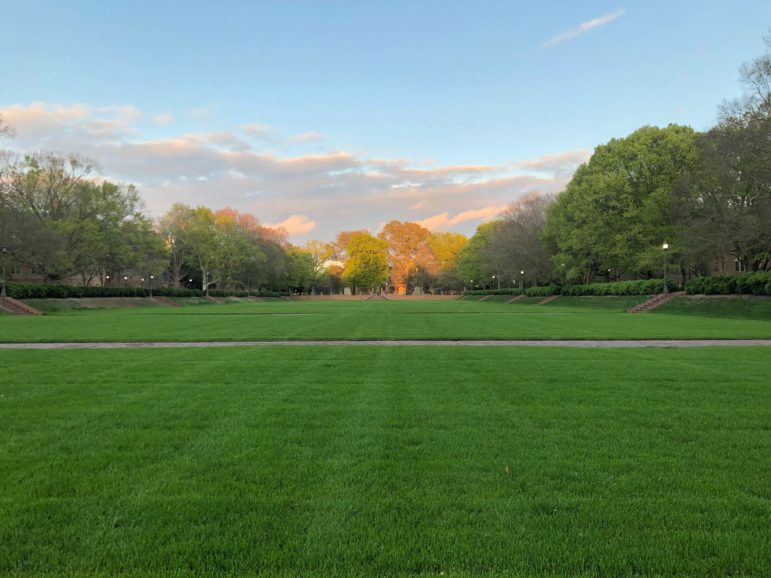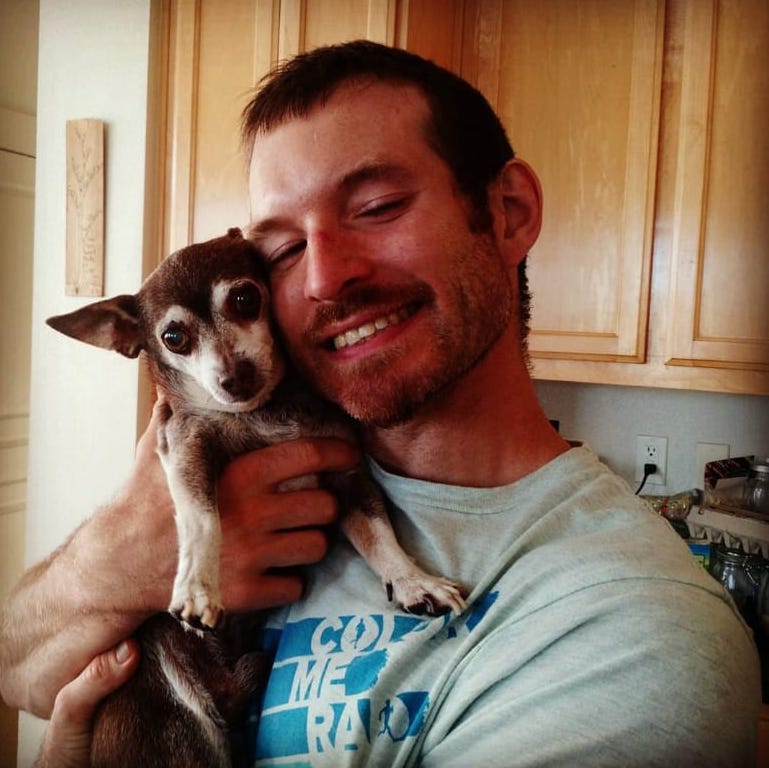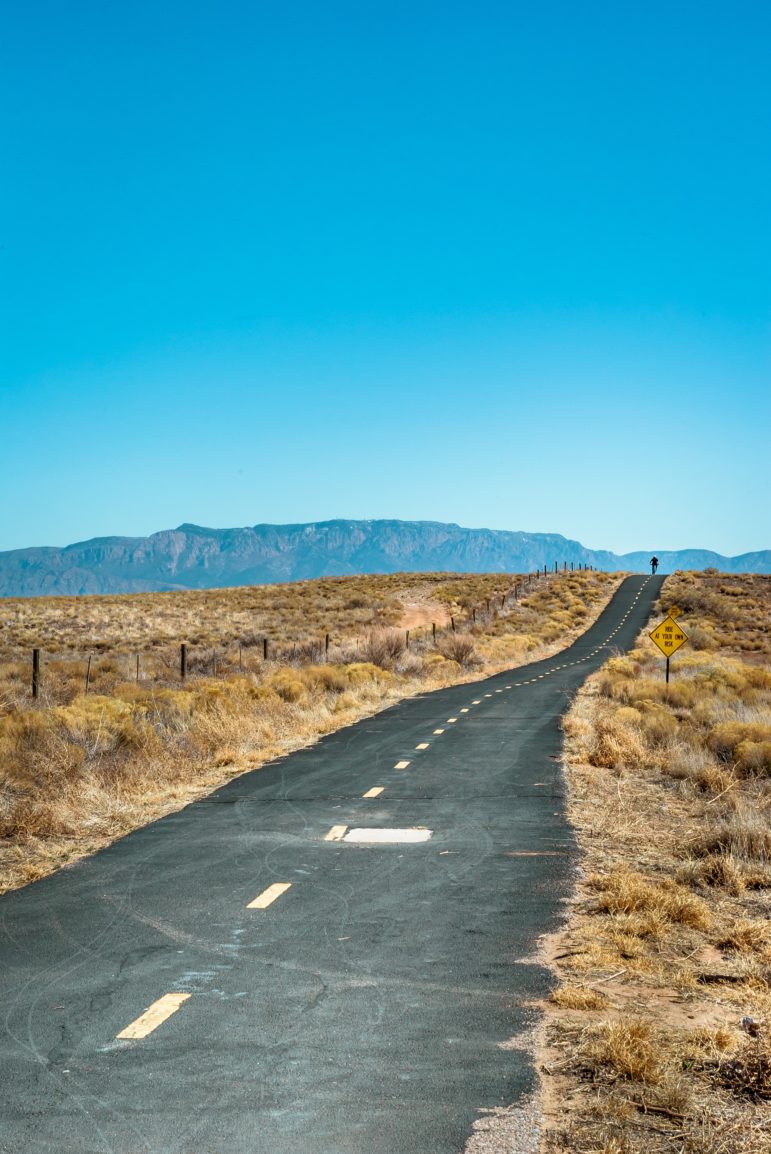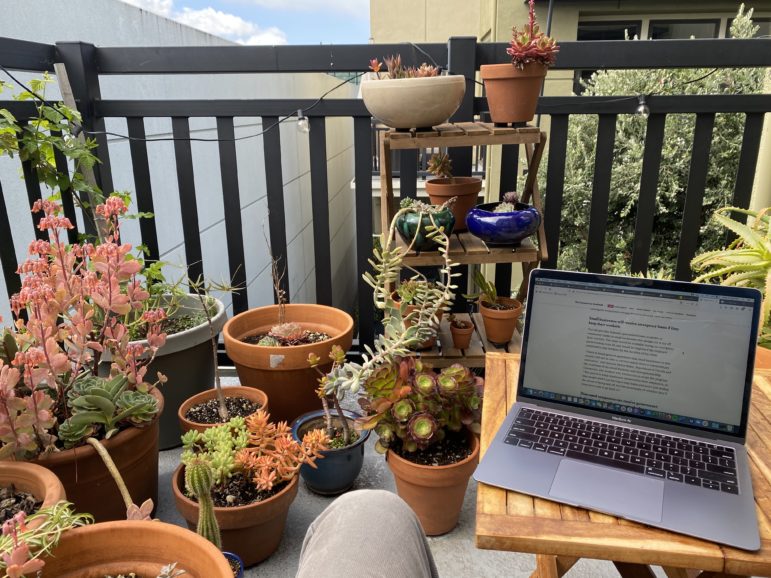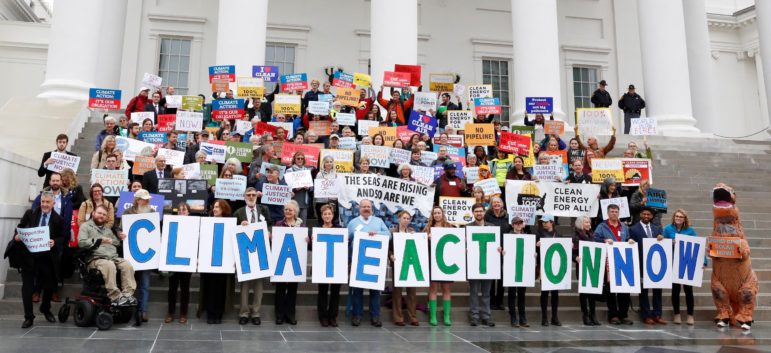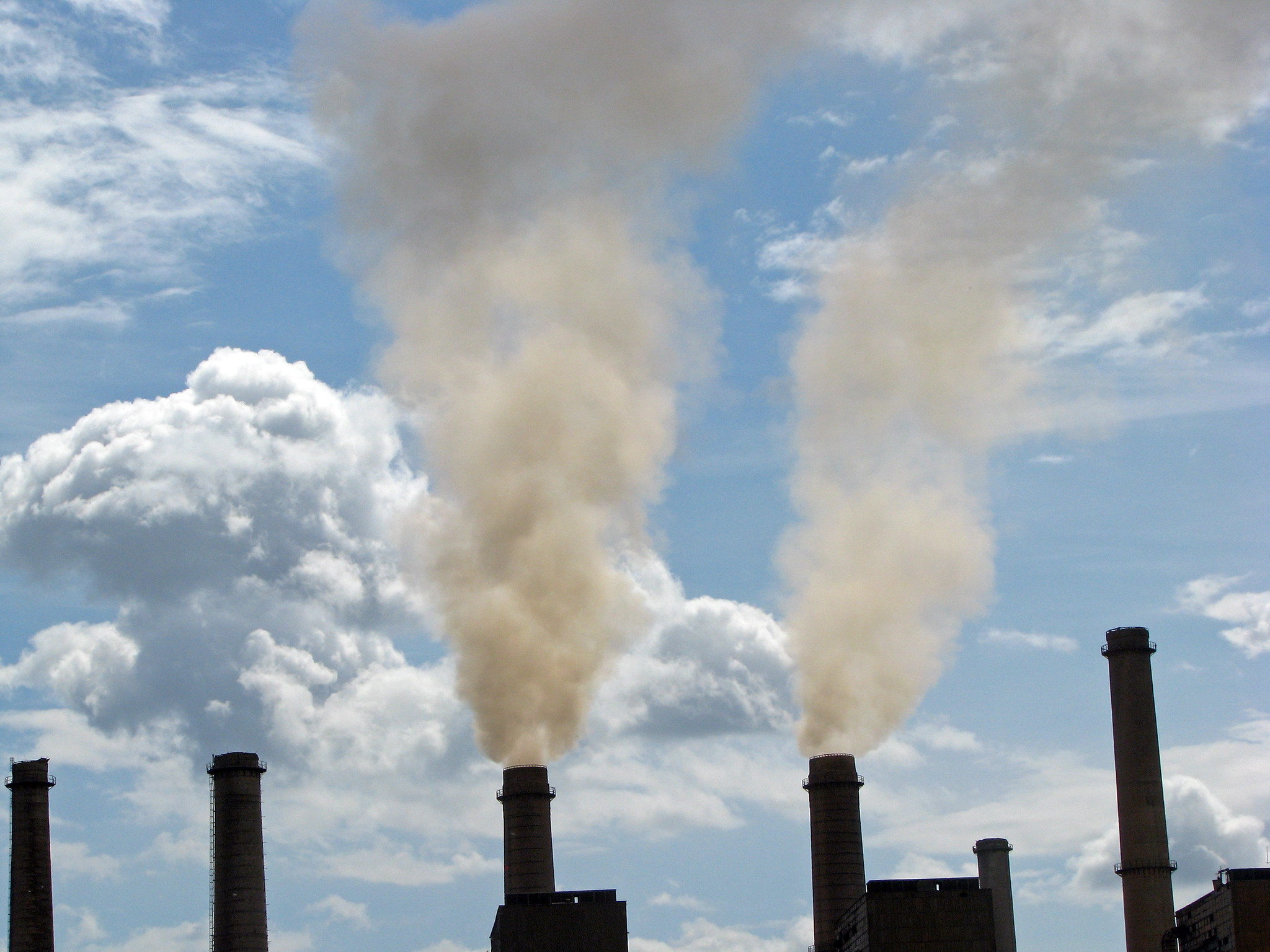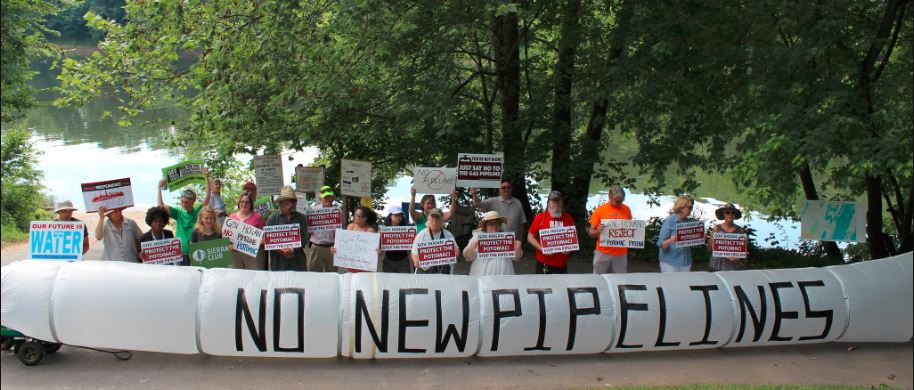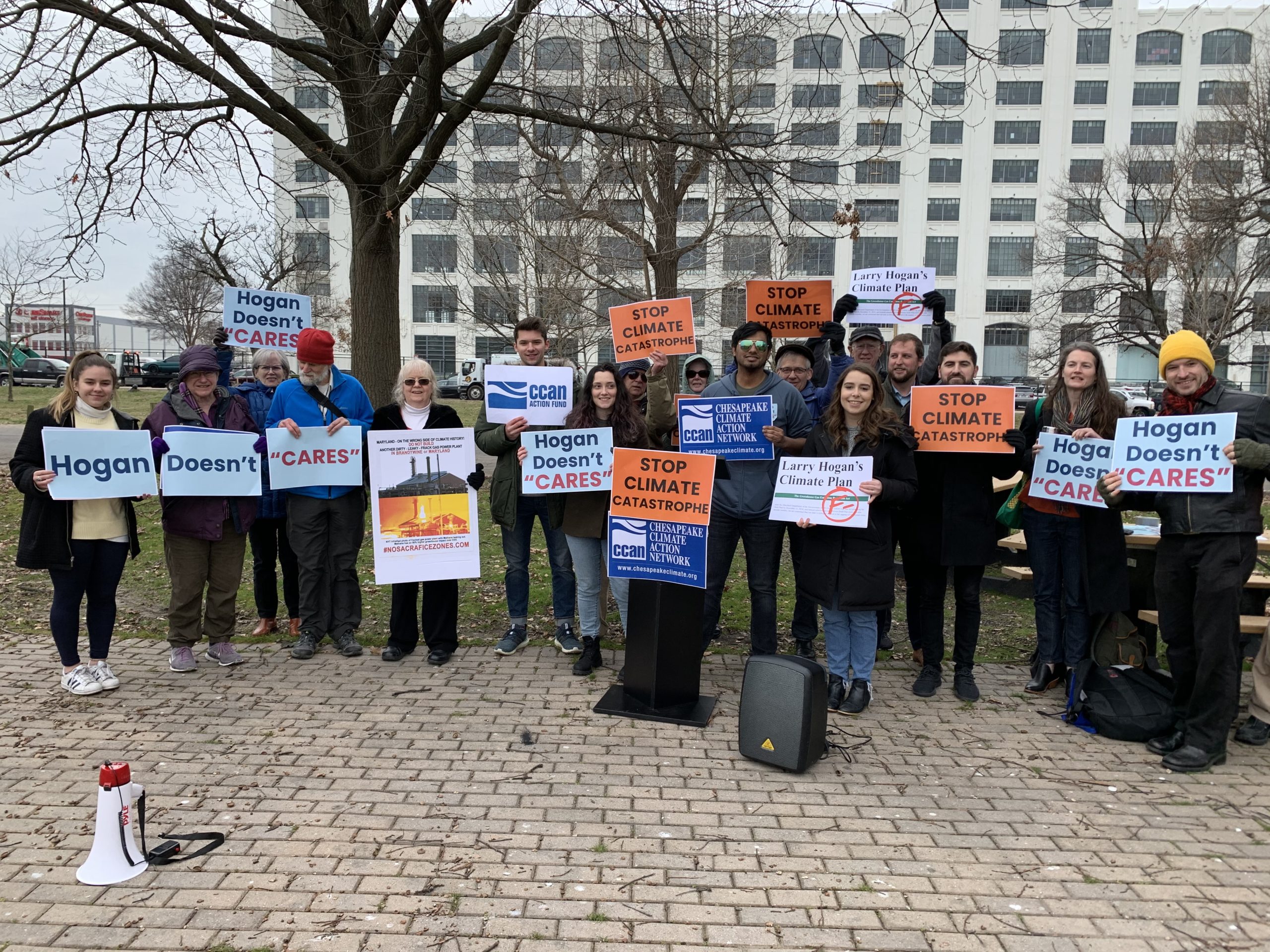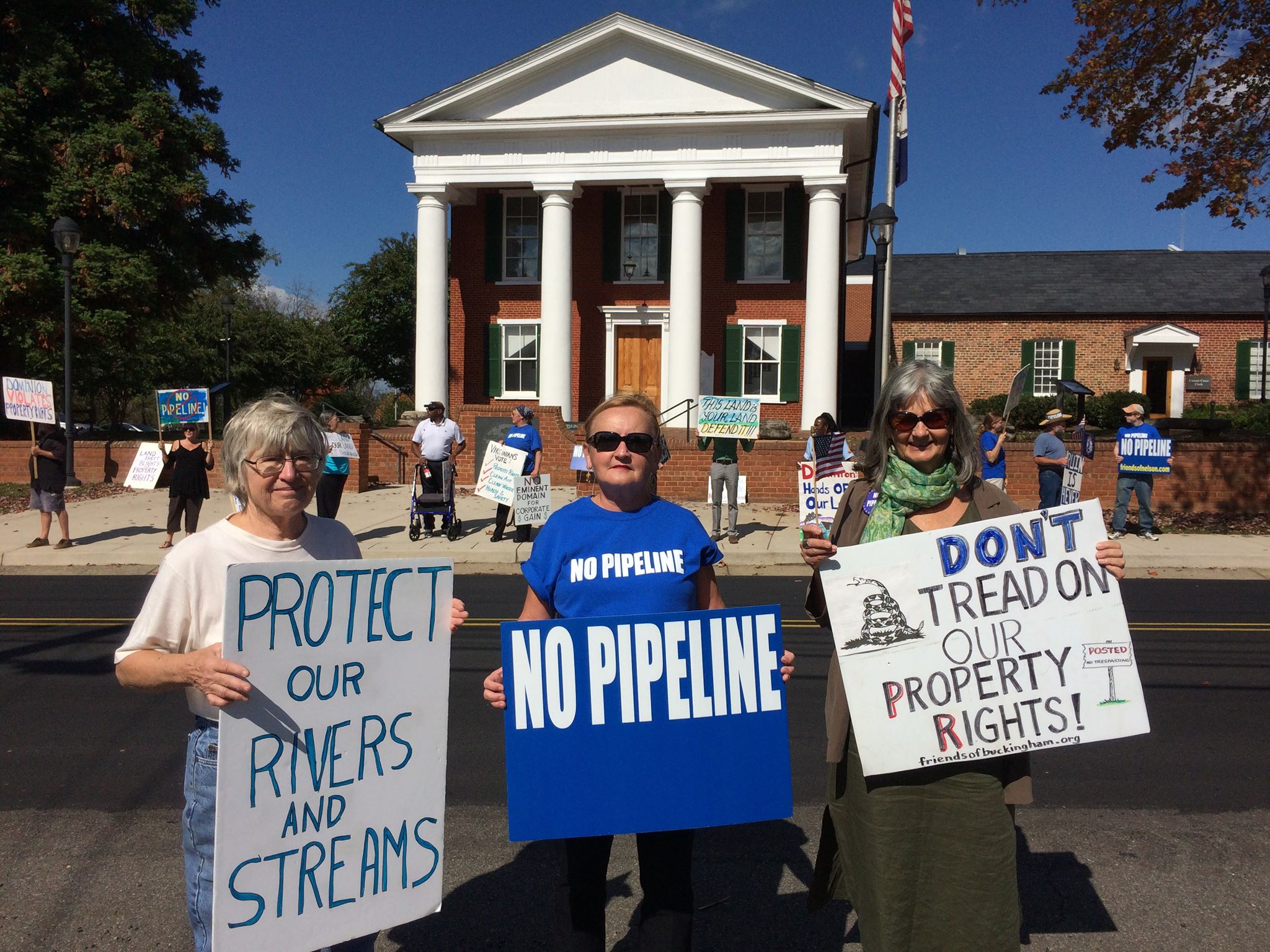Some of our oil and gas reserves “will never see the light of day.”
Dominic Emery, British Petroleum’s (BP) Head of Strategy, July, 2019
In fact, a LOT of BP’s oil and gas reserves will never see the light of day! Neither will ExxonMobil’s, Chevron’s or Total’s. BP was one of the first of the Big Oil companies to admit that the immense reserves they have carried on their accounting books as “assets” for years may turn out to be “liabilities” instead. They are called “stranded assets,” meaning they were once assets to the company that are never going to be needed or used.
Why?
The demand for fossil fuels is drying up. The Paris Agreement calls for every country in the world to limit their carbon dioxide emissions and prevent the atmosphere from warming more than 2 degrees Celsius (3.6 degrees F). Burning fossil fuels for electricity, heat and transportation is the most carbon intensive and damaging environmental act there is.
Each country around the globe signed it. When have you ever known all the leaders of the world to agree on anything? Then, in 2019, the US announced plans to withdraw from it. These plans are effective one day after the next Presidential election, on November 4, 2020. Luckily for the U.S., cities and states in America are taking matters into their own hands. Fed up with methane leaks, oil spills and water polluted by coal ash, communities across the nation have been embracing “clean” energy through solar, wind and thermal sources. It is better for our health and for the planet. Not to mention that the price of renewable energy has fallen dramatically, especially in the last 10 years. The green movement has caused investors to demand that colleges, pension funds, and IRA’s be “divested” of fossil fuel companies or those that rely on dirty energy. The rallying cry to “leave it in the ground” has gotten louder while Big Oil has been asleep at the wheel.
Enter the coronavirus in January, 2020.
Talk about grinding the gears of the economy to a halt! Airplanes were grounded. Shipping cargo was set adrift. Cars and buses all but disappeared from streets and highways. People stayed home. In just 3 months, energy stocks crashed by 50%. What that looks like in dollars is staggering: the top 25 oil and gas companies lost an eye-popping $811 billion by the end of March. Close to one million fossil fuel workers have been laid off, and bankruptcies could number over 150 companies in the oil and gas sector. Shale-drilling companies will be among the first to go since they are already debt-heavy and unable to borrow any more money.
Much like the “tech bubble” of the 2000’s and the “housing bubble” of 2008, a looming “carbon bubble” has developed. Big Oil needs to earn about $40/barrel to be profitable. Today, it is going for $15.35, and it has been much worse. For Big Oil, stranded assets are not just their oil and gas reserves; its’ also the 2.6 million miles of pipelines and the fossil fuel power plants that they connect. Here are the numbers:
- Over $120 billion of oil and gas assets will be stranded in the next 15 years in the U.S. ($90 billion in fossil fuel power plants plus $30 billion in pipelines).
- Globally, there are $22 trillion worth of stranded oil and gas reserves. The U.S. fossil fuel industry can claim at least $5 trillion of this.
Stranded assets are not a new concept. They are part of a technology evolution called “creative destruction”, which is essential for innovation and growth. The idea is that every new technology replaces or destroys the one before it. For example, handwritten manuscripts were replaced by printing presses which were replaced by word processing software. Railways replaced canals and were in turn replaced by automobiles. Whole societies have fallen victim to it as well. Remember the Ottoman Empire? By refusing to adopt the printing press, the Ottoman’s had no mass communication in place to warn their population when invading armies attacked. Over half of the Fortune 500 companies from the year 2000 do not exist today. How can Big Oil prevent becoming the next Kodak or Blockbuster?
The companies that embrace and morph into the next technology the soonest are the ones that will survive. Companies such as Orsted are successfully evolving. Formerly the Danish Oil and Natural Gas Company (DONG), it changed its name in 2017 after divesting of upstream oil and gas businesses and switching to renewables.
It’s named for the man who discovered electromagnetism, Hans Christian Orsted, and it built the largest offshore wind farm on the planet, the Hornsea Project in the U.K. It also built the first offshore wind farm to the U.S., off the coast of Block Island, Rhode Island. There, the turbine bases serve as artificial reefs, attracting marine life and fisherman (so much so that it figures prominently in the Block Island Tourism Guide). The Madrid-based company, Repsol, is also adapting to the “new normal.” A self-proclaimed “leader in the clean energy transition” it has committed to having net-zero emissions by 2050 by developing wind and solar renewable energy projects each year. Repsol is transparent about impairment caused by stranded assets, lowering the value of its reserves and taking a $5.17 billion dollar loss on production assets in 2019. Repsol considers it part of the price tag for their environmental ambitions. It may be a small price to pay for survival. Other fossil fuel companies would do well to follow their lead, writing off stranded assets and transitioning to renewable energy projects. That may be the only way to guarantee a place in the Fortune 500 in 2050.
Photo at the top via Flickr Creative Commons


